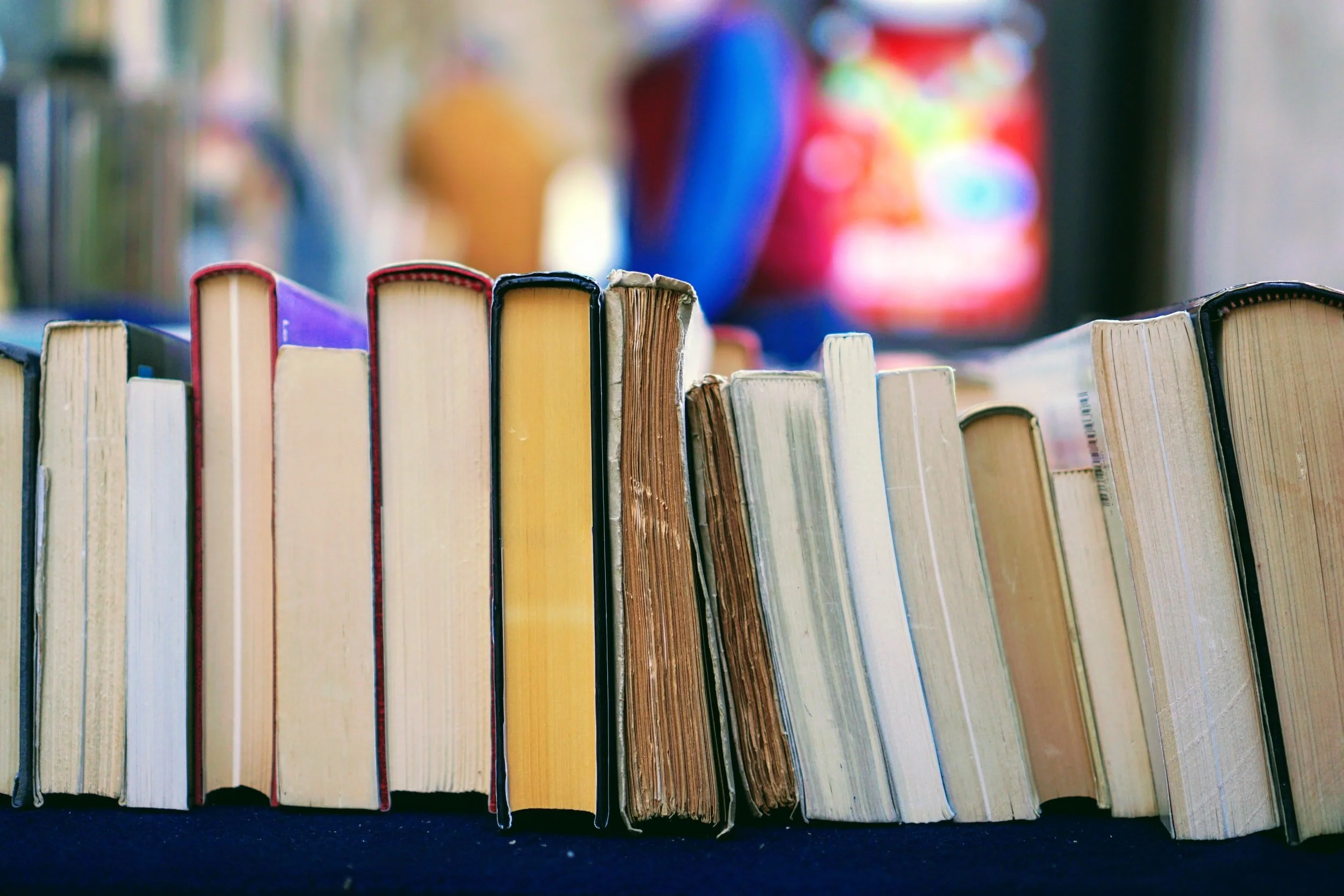Over the last few years I’ve been keeping track of all the books I read. Earlier this year I wrote about my reading objectives for the year, and how reading a lot can be bad or good. After some early stops and starts, I resumed reading in the summer and developed a habit of reading on the deck outside with my morning espresso for at least 30 minutes every day while the weather held. This was the impetus I needed to develop a strong habit for the rest of the year, and as of today (December 31) I've completed 36 books, with two more in progress.
Stuff I’m interested in this year has varied. My main project in the first month of the year was writing an article for the NATS Journal on the correlation between the Tambora climate disaster of 1815-16 and the development of lieder, so Gillen D'Arcy Wood's book occupied me for much of January. I also read several books about neuroscience and cognition. I'm a Murakami fan, so I've been making his way through more of his novels and short-story collections, already having read 1Q84, The Wind-Up Bird Chronicles, Killing Commendatore, and Hard-Boiled Wonderland (which remain my favorites). I've wanted to read Tolstoy's Anna Karenina and Herodotus' The Histories for years, and finally succeeded in making my way through them. And once again I fell victim to a seasonal late-year interest in poetry.
Here’s the full list (books previously read are listed with an asterisk):
1. Tambora: The Eruption That Changed the World by Gillen D’Arcy Wood
2. Breaking Bread with the Dead: A Reader’s Guide to a More Tranquil Mind by Alan Jacobs
3. Memory Rescue by Daniel Amen
4. The Brain Warrior's Way by Daniel and Tana Amen
5. After Dark by Haruki Murakami
6. Making It All Work by David Allen
7. Biohack your Brain - Kristen Willeumeier
8. The Slight Edge by Jeff Olson
9. Mindset by Carol Dweck
10. The Happiness Advantage by Shawn Achor
11. The 4% Fix: How One Hour Can Change Your Life by Karma Brown
12. Anna Karenina by Leo Tolstoy translated by Richard Pevear and Larissa Volokhonsky
13. The Art of Logic in an Illogical World by Eugenia Cheng
14. Four Quartets by T.S. Eliot*
15. The Histories by Herodotus
16. Wind/Pinball by Haruki Murakami
17. 21 Things You May Not Know About the Indian Act by Bob Joseph
18. Four Thousand Weeks: Time Management for Mortals by Oliver Burkeman
19. Niksen: Embracing the Dutch Art of Doing Nothing by Olga Mecking
20. Do It Tomorrow by Mark Forster*
21. Billy Summers by Stephen King
22. Victoria by A.N. Wilson
23. Busy: How to Thrive in a World of Too Much by Tony Crabbe
24. Dune by Frank Herbert*
25. The Extended Mind by Annie Murphy Paul
26. The 48 Laws of Power by Robert Greene
27. Range by David Epstein
28. How to do Nothing by Jenny Odell
29. Men Without Women by Haruki Murakami
30. milk and honey by rupi kaur
31. Why Poetry by Matthew Zapruder
32. the sun and her flowers by rupi kaur
33. A Thousand Mornings by Mary Oliver
34. The Pomodoro Technique by Francesco Cirillo*
35. Best Canadian Poetry 2021, edited by Souvankham Thammavongsa
36. Limitless by Jim Kwik
Here are the books which really stood out for me:
Four Thousand Weeks: Time Management for Mortals by Oliver Burkeman. I plead guilty to reading way too many books about productivity, and Oliver Burkeman’s Four Thousand Weeks: Time Management for Mortals quickly put that to an end. As the title suggests, we're only alive for a short time, and Burkeman's book focuses on the importance of setting limits for ourselves rather than trying to do everything.
Niksen: Introducing the Dutch Art of Doing Nothing by Olga Mecking. In my time studying in the Netherlands, I noticed that many of my Dutch friends, in addition to being ruthlessly organized and hard-working, also had a tendency to loaf around and do nothing. Mecking's book examines this cultural phenomenon, and suggests that it might be a way of reclaiming our own sense of space, personal margin, and sanity.
Why Poetry by Matthew Zapruder. We were lied to in our high school and university poetry classes. The goal of poetry is not to analyze how poems are structured, but to directly experience them. Zapruder's way of reading poetry brings back the immediacy and delight that poetry needs to have, and he does an admirable job of explaining just what it is that sets apart poetic reading from the more matter-of-fact reading of prose, and why we need it.
The Pomodoro Technique by Francesco Cirillo. Although I vowed not to read any more books about productivity this year, I've been wanting to reread Cirillo's book for a while. I've been putting his techniques to use and have found a definite increase in day-to-day focus while still allowing for plenty of down time. I'll write more about this method in the coming months.
My reading goals for the coming year: perhaps reading less books, but reading them more deeply. Also I aim to reread more, especially the four books that stood out for me this year.
(Image courtesy of Tom Hermans on Unsplash)
